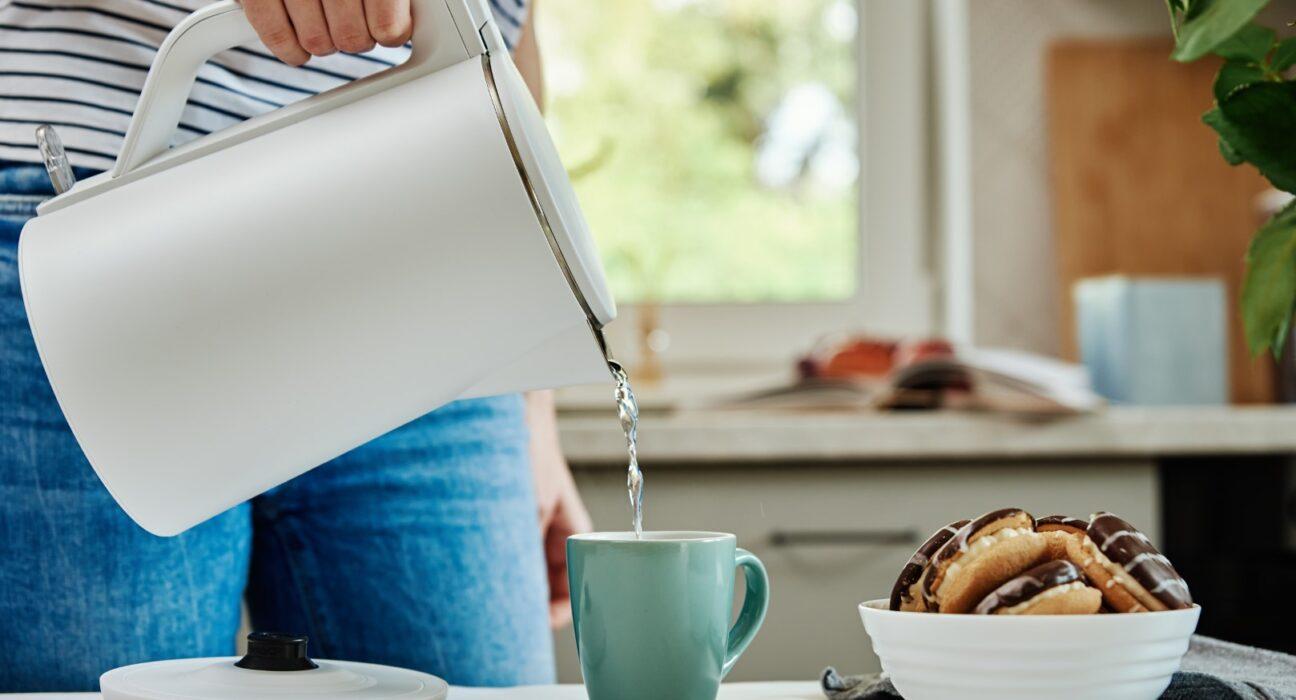When it comes to self-care, we’ve all heard the phrase “you can’t pour from an empty cup.” But what exactly does this mean? In essence, it’s a reminder of the importance of first caring for yourself before you can care for others.
Self-care is an important part of life that is often overlooked. Society often places high expectations on us to be successful, to achieve more, and to look and act in a certain way. These expectations can be overwhelming and can lead to burnout and stress. That’s why it’s so important to practice self-care and to fill your own cup before you try to fill someone else’s.
TYPES OF SELF-CARE
There are many different types of self-care that can be incorporated into one’s daily life. These include physical, mental, emotional, and spiritual self-care to maintain your health and well-being and to allow you to better work with and help those around you.
Physical self-care
Physical self-care is the practice of taking care of your physical body by engaging in activities that promote physical health and well-being. It includes activities such as exercise, nutrition, rest, sleep, and relaxation.
Exercise
Exercise can help reduce stress, improve posture, boost energy levels, and strengthen the heart and muscles. There are many different types of exercise, such as walking, jogging, biking, swimming, weight training, and yoga. It is important to find an exercise program that works for you and you can stick with.
Nutrition
Eating a balanced diet of healthy foods can help keep your body strong and your mind sharp. A variety of fruits and vegetables, whole grains, and lean protein can provide the vitamins and minerals your body needs to function properly. Avoiding excess sugar, processed and fast foods can also help you maintain a healthy weight.
Rest and Sleep
Getting enough rest and sleep is essential for physical health. A lack of sleep can cause fatigue, irritability, and a weakened immune system. It is important to establish a regular sleep routine and get at least seven hours of sleep per night. Avoiding caffeine and alcohol late in the day and creating a comfortable sleeping environment can also help improve sleep quality.
Relaxation
Relaxation is an important part of physical self-care. Taking time to relax and unwind can help reduce stress levels, improve mood, and enhance mental and physical performance. Relaxation techniques such as deep breathing, yoga, and meditation can help reduce tension and improve concentration.
Mental self-care
Mental self-care involves taking the time to check in with yourself and assess how you’re feeling mentally. It also involves actively engaging in activities that help you to relax, reduce stress, and boost your mood.
Take time for yourself
It’s important to take a break from the hustle and bustle of everyday life and to take time to reflect and relax. Schedule time in your day for yourself and do something that brings you joy.
Connect with nature
Nature can provide a soothing and calming environment, and being in nature can help to reduce stress and improve your mental health. Take a walk in the park, spend time in your backyard, or take a drive to the countryside.
Practice mindful meditation
Mindful meditation can be a great tool for reducing stress and improving your mental well-being. It involves focusing on being in the present moment, being aware of your thoughts and feelings without judgment, and observing without reacting.
Engage in physical activity
Exercise has been linked to improved mental health, so taking the time to engage in physical activity can be beneficial. Not only is exercise a great way to reduce stress, but it can also help to lift your mood and improve your overall well-being.
Talk to someone
Mental self-care also involves talking to someone about how you’re feeling. Reaching out to a friend, family member, or mental health professional can help you to process your thoughts and feelings and can provide a sense of support.
Limit your consumption of media
Too much consumption of media can have a negative impact on your mental health. Limiting your consumption of media and focusing on doing an activity you enjoy or that brings you peace can be helpful.
Emotional self-care
Emotional self-care is an essential part of staying healthy and happy. It’s about taking the time to understand and process your emotions so that you can take better care of yourself.
Develop healthy coping mechanisms
Identify what works for you and then actively use it when you’re feeling overwhelmed or stressed. For example, if going for a walk helps you to clear your head, be sure to plan time for that in your schedule.
Develop a strong support system
Reach out to friends and family you can talk to when you’re feeling overwhelmed or talk with a therapist if you need help managing your emotions.
Practice self-compassion
Be gentle with yourself when things don’t go as planned. Accept that you’re doing the best you can and that it’s OK to make mistakes.
Spiritual self-care
Spiritual self-care is the practice of nurturing and nourishing your inner being. It’s about tapping into the deeper parts of yourself and exploring the spiritual aspects of life.
This can include activities like meditation, prayer, journalling, and connecting with nature.
Connect with God
Taking time to connect with God can be incredibly calming and restorative. Prayer, meditation, or simply sitting in quiet contemplation can all be wonderful ways to connect with God.
Reflect on your thoughts and feelings
Journalling can be a great way to do this, as it allows you to get your thoughts and feelings out of your head and onto paper. This can help you make sense of your thoughts and gain clarity on what is truly important to you.
Connect with nature
This can be a wonderful way to practice spiritual self-care. Taking some time to go for a walk in the outdoors, stroll on the beach, or sit in a park can be incredibly healing and grounding. You can also use nature as a tool for meditation, focusing on the sounds and sights around you to help you relax and clear your mind.
MAKE TIME FOR SELF-CARE
Making time for self-care can be difficult in today’s busy world. However, it is important to prioritize self-care in order to be able to take care of others. One way to make time for self-care is to set aside a specific time each day for it. This could be as simple as taking a few minutes each day for a short meditation or a walk. Another way to make time for self-care is to schedule it into your day like any other task. This could be setting aside an hour each week for a yoga class or a massage. Remember, self-care does not have to be time-consuming or expensive.
So, the next time you find yourself feeling overwhelmed and stressed out, remember the phrase “you can’t pour from an empty cup” and take the time to fill your own cup before you try to fill someone else’s. Self-care is essential for your physical, mental, emotional, and spiritual health, so be sure to make it a priority in your life.





